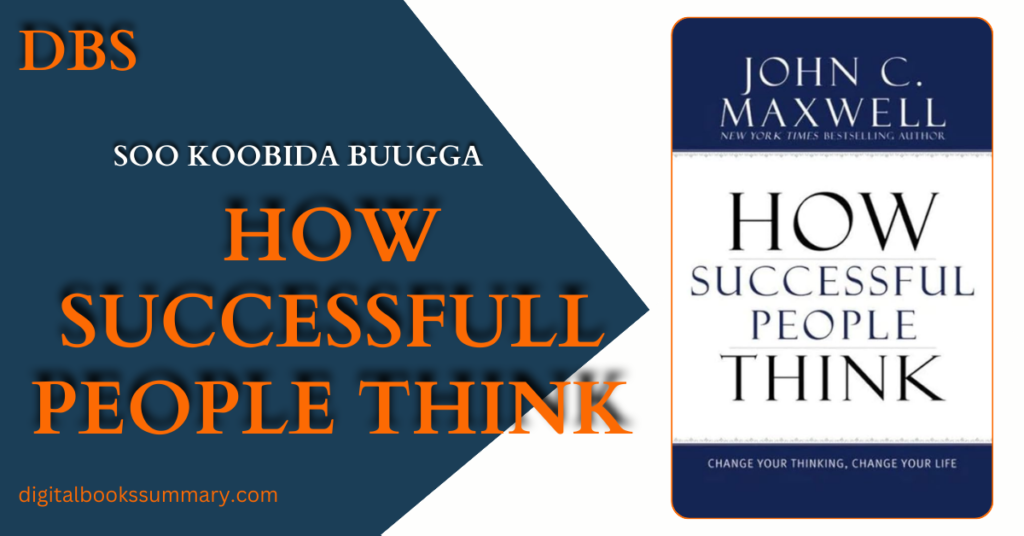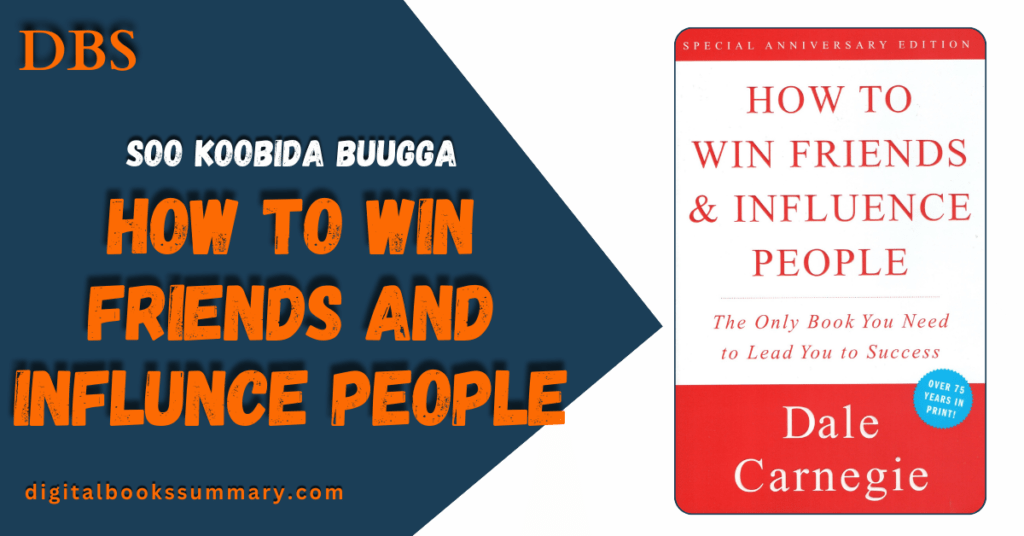Introduction
The 7 Habits of Highly Effective People: Powerful Lessons in Personal and Institutional Excellence” by Stephen R.Covey is a self- helped book that teaches the seven principles of personal and professional effectiveness.
Here’s a summary of the 7 habits of highly effective people key concepts:
1. Be Proactive: Covey stresses that we should be accountable for what we do or say. It is us who is doing it; we are taking the action. Taking a proactive approach means the representatives realize that although they cannot control external situations, they can, however, control their responses to them. A person who constantly thinks that positive outcome is in his or her hands is that he or she has the power to dictate the outcome of his or her life. Such persons do not wait for disasters to come but endeavors to create a better future.
2. Begin with the End in Mind: Covey wants us to articulate and differentiate our values and have the clarity on the goals that we are going to achieve in the long run. Visualizing the purpose of life in the career, relationships and personal tasks, pursuing the goals, people can carry their own values and priorities. It is this ritual that assists to turn reactive anticipation and designated action to achieving targets that we specifically want.
3. Put First Things First: As a continuation of the habit of reordering, Dr. Covey places priority on what matters (significance) rather than what is to be done now (urgency). When they are concentrating not only on important but also on not immediately pressing tasks, people then would be able to keep themselves off distractions and trivial things and they could reach the milestones of their purposes. This is an exercise of good time optimization and refusal to take part in low-stake programs.
4.Think Win-Win: Covey supports an outlook through which winning and collaboration are interconnected and is consistently applicable to both personal and business relationships. Instead of looking at crises as somebody wins and somebody else loses, stakeholders should consider strategies that could meet the needs of all the players involved. Though this tendency might seem inconvenient at first glance, it is the way to collaborative teams, empathic and trustful people. It is a key to good and long-term relationships.
5. Seek First to Understand, Then to Be Understood: Covey first pinpoints the essence of effective communication rooted in empathetic listening. With the purpose of coming to the common ground instead of making immediate statements of their opinions and holds, individuals must listen to understand the views and worries of others. Through the exchange of feelings and perceptions with a sensitive ear and an open mind, people will establish the basis for more sincere relationships, develop trust, and eventually find solutions that will satisfy both sides.
6.Synergize: According to Lundberg, synergy takes place if there is a collective effort of different individuals that leads to results that are larger than the sum of what each of them could attain on their own. This act stressed the significance of diverse backgrounds, teamwork, and a collaborative creative thinking in the problem-solving and decision making processes. Sharing the strengths and expertise of team members, then each member can create productive innovative solutions and, in the end, all the objectives will be met.
7.Sharpen the Saw: Covey encazates the habit of self-improvement and the renewal in 4 categories: physical, mental, emotional and spiritual. It focuses on setting up the proper order of priorities and allocating time and energy to those things that tend to bring all-round comfort and promote superior performance. Individuals should try to be involved in voluntary activities, for example, in sport, learning, rest and reflection, to balance their personal growth and progressiveness during a prolonged period of time.
conclusion
“The 7 Habits of Highly Effective People” is a thorough set of instruments that can be used for the progress of both personal and professional lives on timeless efficiency, prudence, and growth’s principles. These seven habits cultivated, people will gain more effectiveness, accomplish their aspirations, and, enjoy their lives further.






